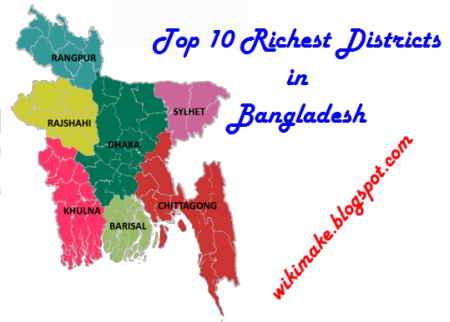Michael Furlong was driving a pick-up truck southbound onto the Sagamore Bridge. He swerved across the center line to avoid hitting a vehicle that was merging. He crashed into a minivan driven by Amnon Bogomolski. Both men died as a result of the accident.
Furlong's auto policy included $100,000 in uninsured motorist coverage. Commerce had tendered the limits of the policy to settle Furlong's wrongful death claim against the unknown driver of the vehicle that was merging.
Bogomolski's estate filed a wrongful death suit against Furlong's estate, and moved for what it called an attachment or to reach and apply the proceeds of the uninsured motorist insurance policy. (The court noted that a motion for attachment or to reach an apply was technically premature until there was a judgment. It treated the action one for preliminary injunction to restrain Commerce or the administrator of Furlong's estate from disposing of the property pending the outcome of the action.)
The issue before the United States District Court in Bogomolsky v. Furlong, 2014 WL 29452927 (D. Mass. 2014) was whether the proceeds of the Commerce uninsured motorist policy were the property of Furlong's estate or of his daughter as his closest relative. If the former, then the plaintiff could reach and apply the proceeds; otherwise, it could not.
The court noted that under the Massachusetts Wrongful Death statute, the money recovered in a wrongful death claim is not a general asset of the estate, but constitutes a statutory trust fund held by the administrator of the estate as trustee for distribution to the statutory beneficiaries. (In other words, under the wrongful death statute close relatives of the decedent can recover damages even if they are not included in the decedent's will and even if the decedent's debts exceed his assets.)
Similarly, proceeds from a claim for ininsured or underinsured motorist insurance operates flow to the presumptive takers (i.e., the close relatives listed in the wrongful death statute), not to the estate.
The court held that Furlong's daughter, not his estate, was entitled to the proceeds of the uninsured motorist policy. Therefore Bogomolski's estate could not reach and apply those proceeds.
US District Court holds uninsured motorist coverage proceeds go to relatives of decedent insured, not estate
Tags







